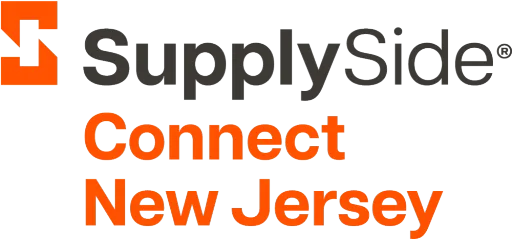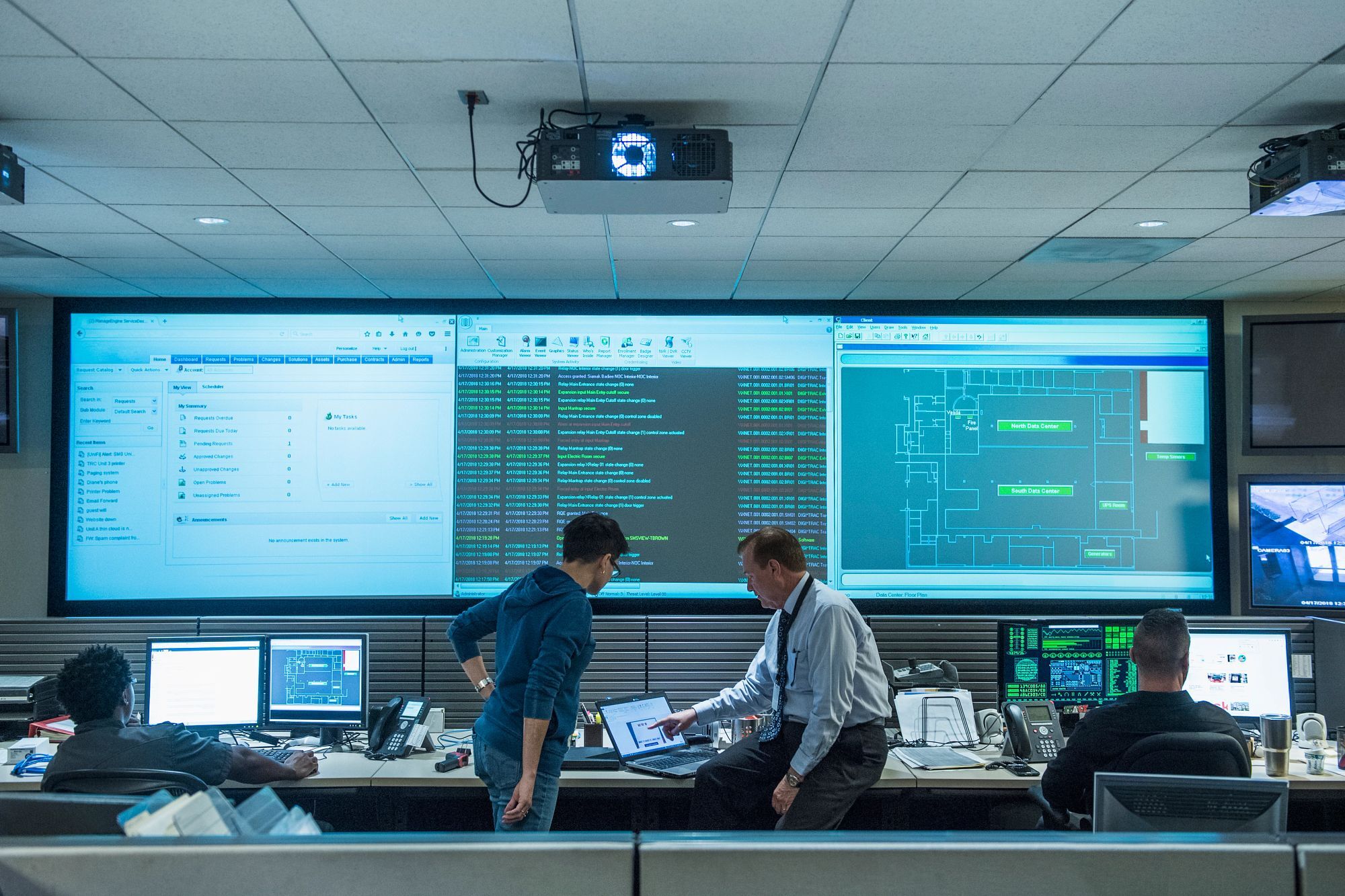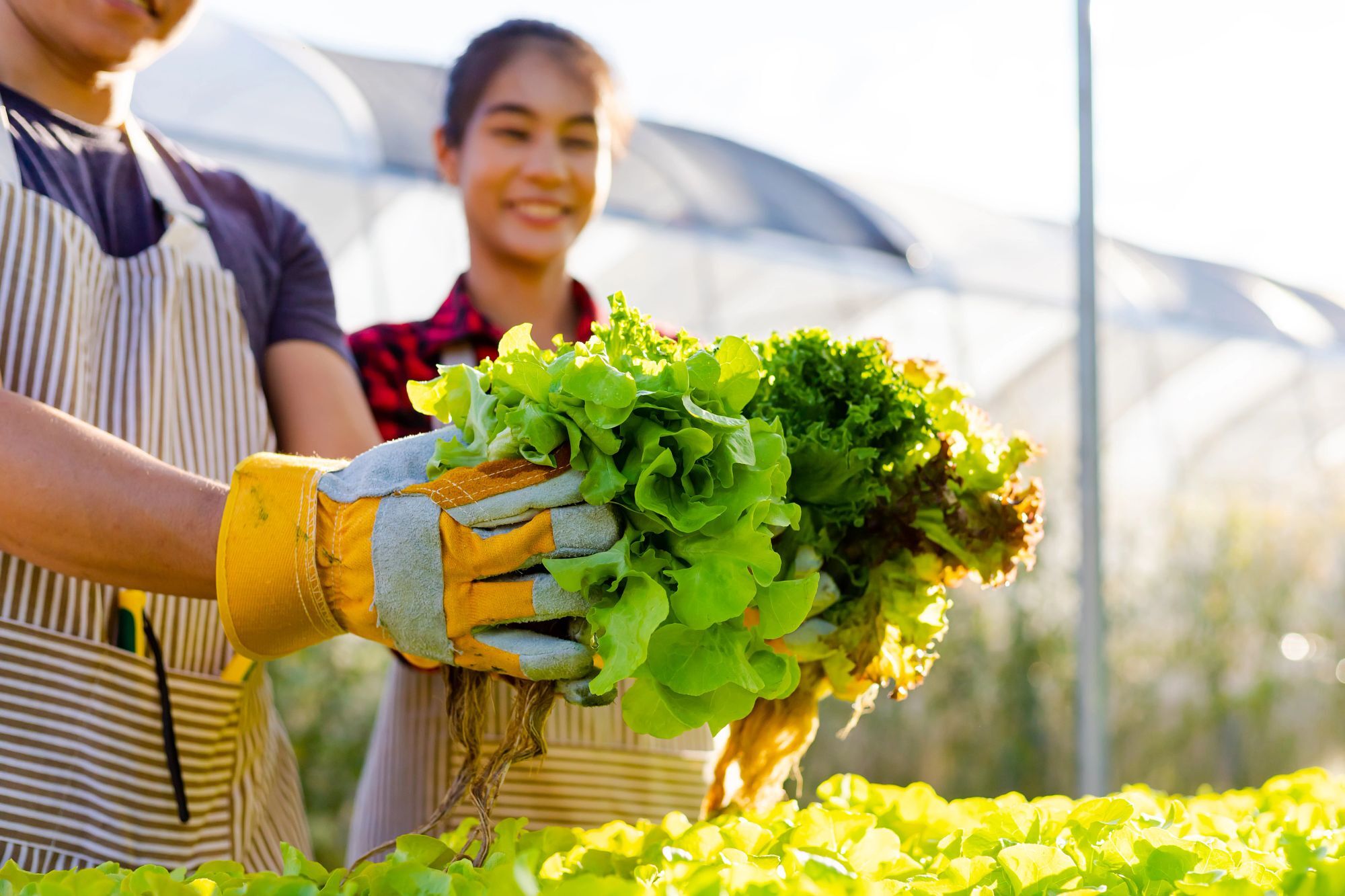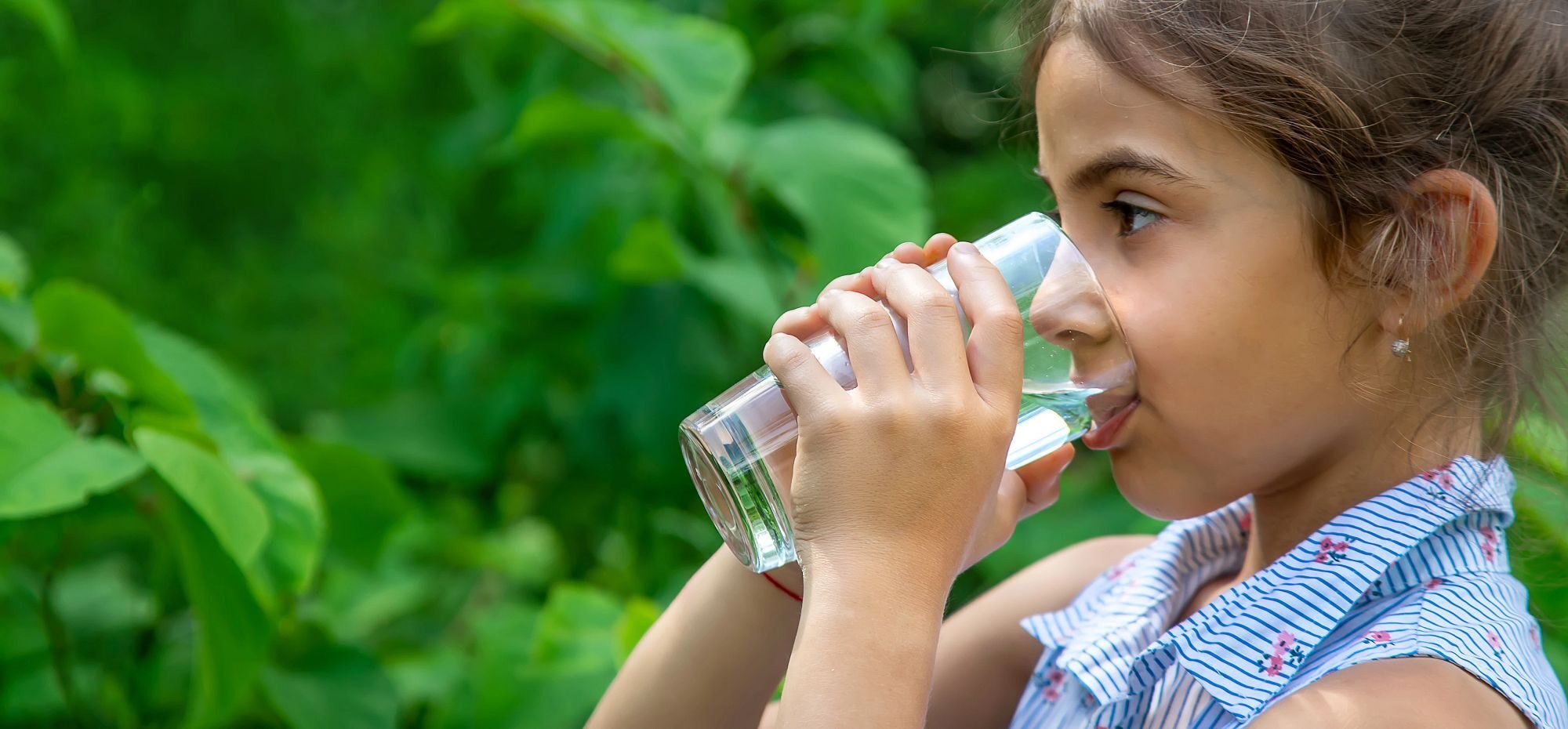Sustainable Seafood Practices Promise to Give Businesses a Leg Up

The COVID-19 pandemic has impacted businesses around the world and throughout the food supply chain. It is critical that these businesses consider new and different practices to assist them as they move forward on the road to economic recovery.
Within the food sector, acting on the latest retail and consumer trends will be key to remaining competitive and relevant. One industry that is seeing a particularly rapid increase in demand due to changing consumer behavior is seafood production.
In fact, according to the Food and Agriculture Organization of the United Nations, global seafood production has quadrupled in the last 50 years to meet increasing appetites for this source of protein.1 Experts predict that by 2030, global fish production will rise 14.5%, providing 3.3 billion people with 20% of their animal protein intake.
Eating seafood offers numerous health benefits as an excellent source of lean protein with a range of nutrients, including vitamins A, B and D; omega-3 fats; calcium; phosphorus; and minerals such as iron, zinc and magnesium. Seafood is said to help prevent heart disease and diabetes and to improve brain and eye health as well as mental health. In addition, it is accessible to people of all lifestyles and budgets.
As seafood intake increases, more consumers are actively seeking out sustainably sourced seafood. “Sustainably sourced” means that the seafood is caught or farmed with minimal social impact and environmental impact to the marine ecosystem, conserving fish stocks and the ecosystems that support them while complying with relevant laws and regulations. Seafood that is marked “sustainable” may also mean that the business involved in catching or farming has successfully passed hazard analyses, complied with government regulations, developed a seafood quality program and employed good manufacturing practices and sanitation standard operating procedures.
The Marine Stewardship Council (MSC) says 56% of seafood consumers globally are willing to pay more for seafood from a certified sustainable fishery, and 65% believe that in order to protect the ocean, we must consume fish and shellfish only from sustainable sources.
These trends have put immense pressure on the seafood production industry to provide suppliers and consumers with sustainably sourced options. But simply stating that your seafood is sustainable isn’t enough — according to the MSC, 71% of seafood consumers believe that retailers’ and brands’ claims about sustainability and the environment need to be clearly labeled by an independent organization.2 Whether shopping at the grocery store or flipping through a restaurant menu, consumers are becoming more intentional about what they choose to eat, often selecting products that have a “seal of approval” in the form of a certifier’s logo ensuring that what’s marketed as sustainable or healthy for them is validated by a reputable source.
In direct response to the growing popularity of such labeling, food businesses ranging from grocery stores to quick-service restaurants have begun mandating that companies hold sustainable seafood certifications.
These certifications measure producers against globally recognized industry standards from the MSC, the Aquaculture Stewardship Council (ASC), MarinTrust and Best Aquaculture Practices (BAP), among others.
Accredited certifiers, such as NSF, can certify businesses to these standards. Since acquiring Global Trust Certification in early 2021, NSF offers comprehensive third-party accredited certification services, providing valuable assistance for fisheries, those engaged in aquaculture and their associated chains of custody to achieve success, minimize risk and differentiate their products in the global market.
NSF also provides services that help companies navigate the often-changing regulatory landscape, offering solutions across the entire seafood supply chain, such as training, product certification, evaluation and chain-of-custody validation, from procurement to processing to plate. As a result, businesses can stay competitive, improve efficiency, support sustainability obligations and goals, and meet the increasingly stringent food sourcing and handling demands of suppliers and consumers alike.
Offering sustainable, responsibly farmed and wild-caught seafood not only meets the needs of consumers and suppliers — it also allows companies to play their part in restoring the health of oceans around the world.
NSF’s seafood assurance services are now available globally.
Seafood Certifications from NSF
Ready to Begin the Process?
Contact us with questions or to receive a quote.
Sources:
1 www.fao.org/state-of-fisheries-aquaculture/en/
2 www.msc.org/docs/default-source/na-files/msc_rise-of-the-conscious-consumer_infographic_north-america.pdf
How NSF Can Help You
Get in touch to find out how we can help you and your business thrive.

What’s New with NSF

GMP and Regulatory Compliance Virtual SupplySide Connect New Jersey Training
January 30, 2025
NSF Granted Reauthorization as a CMMC Third-Party Assessment Organization
January 8, 2025
Sustainable Foods Summit 2025
January 2, 2025
